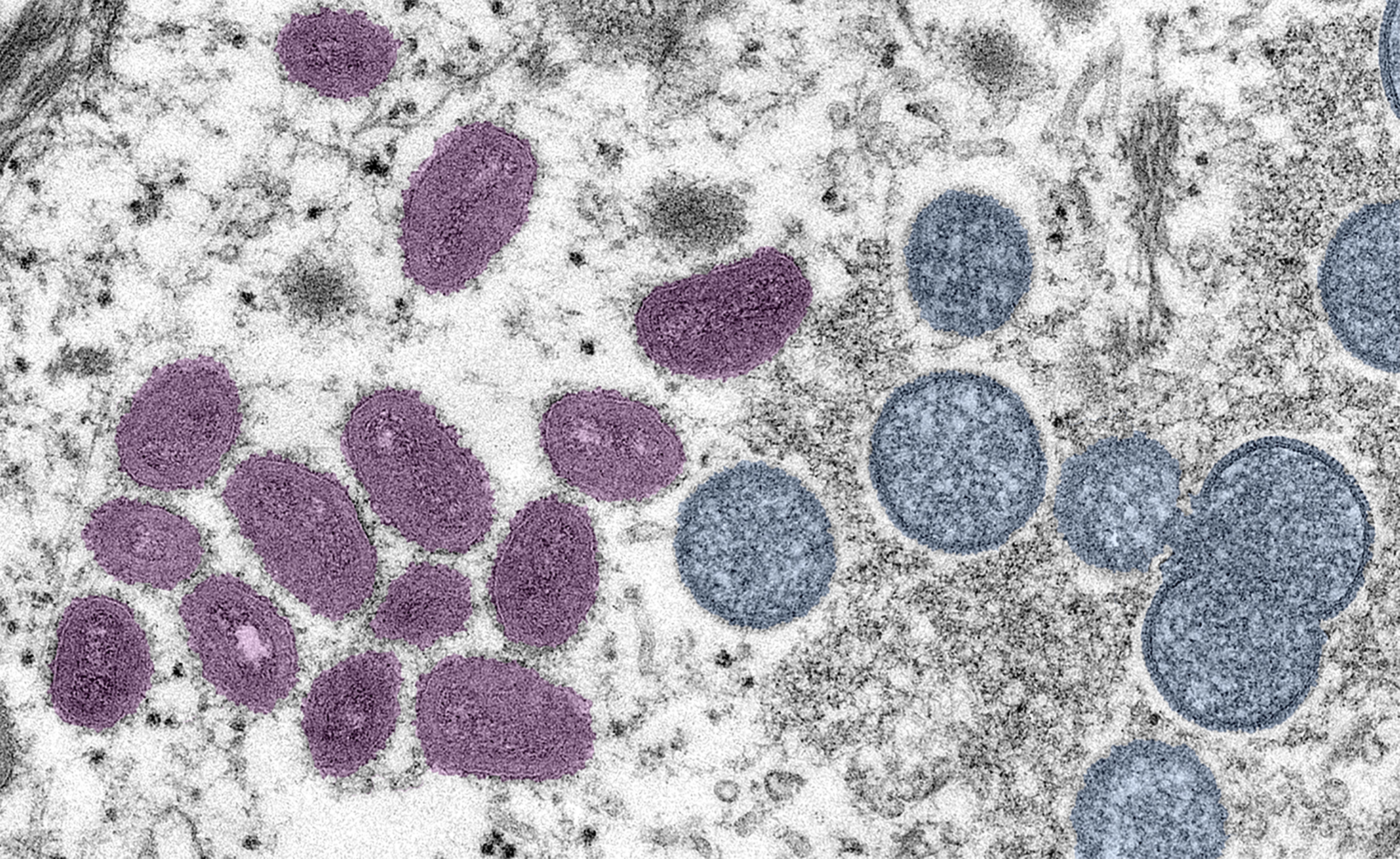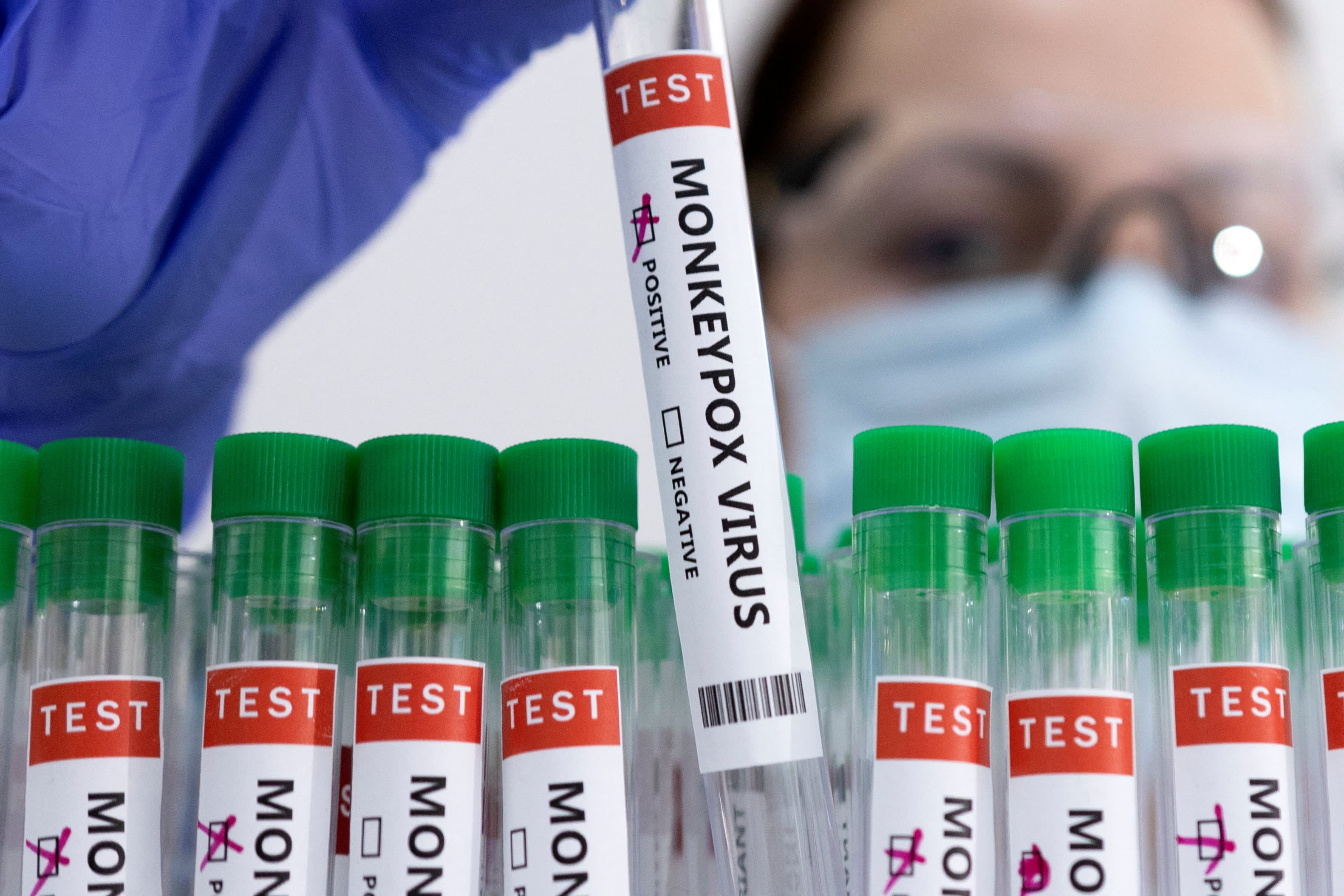Is monkeypox treatable?
There are two FDA-approved vaccines available to individuals exposed to monkeypox.
The CDC is recommending vaccination for people with confirmed or presumed monkeypox exposures as well as people at high risk of infection.
What vaccines are available for monkeypox?
The FDA approved the two-dose Jynneos vaccine in 2019 for people ages 18 and older who are at high risk of exposure to monkeypox or smallpox.
The Jynneos vaccine is made by the Danish biotech company Bavarian Nordic. The FDA had to inspect and sign off on a Bavarian Nordic plant in Denmark to ensure the shots met quality standards. Doses were shipped to the U.S. while the FDA conducted its review in July and can now be distributed to local authorities for use.
Vaccination with Jynneos should begin within four days of exposure to monkeypox to have the best chance of preventing disease onset, according to the CDC. The two doses are administered 28 days apart. If the vaccine is administered between four and 14 days after exposure, the shots may not prevent disease but could reduce symptoms.
The U.S. also has more than 100 million doses of an older generation smallpox vaccine called ACAM2000 that is likely effective at preventing monkeypox, but ACAM2000 can have serious side effects. It's not recommended for those with weak immune systems including people who are HIV-positive, pregnant women, and people with eczema and similar skin conditions.
What are the symptoms of monkeypox?
Infections typically last two to four weeks, and often begin with symptoms similar to the flu — including a fever, muscle aches, headaches, chills, exhaustion and swollen lymph nodes — according to the Centers for Disease Control and Prevention. Symptoms can progress to a rash with red raised bumps on the skin, which then turns into pus-filled blisters before eventually drying out and falling off.
Get a weekly recap of the latest San Francisco Bay Area housing news. >Sign up for NBC Bay Area’s Housing Deconstructed newsletter.
That rash can develop all over your body, including on your face, hands, feet, genitals and inside the mouth, the CDC says.
For more information, visit our monkeypox FAQ page.
CNBC contributed to this post.



